‘The Big Ask’ Survey – The Findings
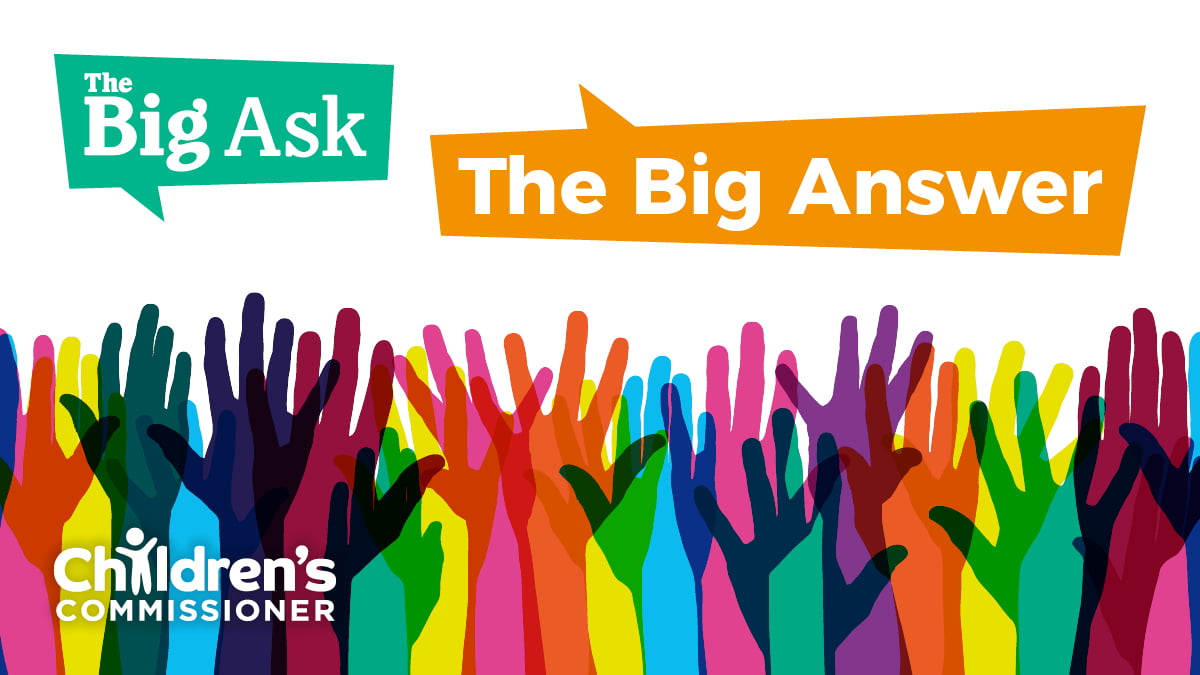
Today (21 September) the Children’s Commissioner, Dame Rachel de Souza, published the results of ‘The Big Ask’ survey, the biggest ever consultation undertaken with children.
As a department, we also recognise that this huge survey of half a million children and young people gives us some great insight into what makes them tick.
That is why we are providing the largest mental health funding in NHS history – an extra £2.3 billion a year to services by 2023/24 – which will mean an additional 345,000 children and young people will be able access NHS-funded services or school and college-based support, per year.
‘The Big Ask’ survey ran from April 19th to May 19th and asked children across England to set out their priorities for improving childhood post-Covid.
The key findings of the interesting survey were;
- 71% of 9-17 yr. olds and 94% of 6-8 yr. olds are happy with their life overall, though 9% of 9-17 yr. olds don’t think they’ll have a better life than their parents.
- Of those who are unhappy, 70% were unhappy with their mental health.
- Girls are twice as likely to be unhappy with their mental health than boys and 52% of 9-17 yr. olds say having good mental health is one of their main aspirations.
- 80% of 9-17 yr. olds said they are happy with their family life but where children are unhappy with that, they are 9 times more likely to be unhappy with life overall.
- 57% of children from deprived areas said leaving school with a good education was one of their most important priorities.

The Children’s Commissioner, Dame Rachel de Souza, has publicly praised the “resilience, optimism, and honesty of children” who, having lived through Covid, reject, as she does, talk of “a lost generation” and that they are a “roll-up-their-sleeves, heroic” generation.
She has also issued a rallying call to put the next generation front and centre of the recovery from the pandemic by encouraging them to focus on their health and wellbeing; catch-up in schools; their family life; the communities they value and delivering on their ambition for good jobs.
The Education Secretary reinforces this message and stresses the importance of young people being heard. This survey shows the variety of concerns young people have – and the Government has taken action to address them.
To coincide with this news today, DfE have announced:
- Together with Public Health England we have published a new edition of guidance for school leaders on how to create a ‘whole school and college approach’ to mental wellbeing, embedding this in their leadership practices, how they work with local services, and in their culture and ethos.
- The launch of DfE’s senior mental health leads training, which will offer a senior member of school or college staff the opportunity to get a grant for training to develop the knowledge and skills to implement an effective whole school or college approach to mental health and wellbeing in their setting.
Earlier this year, we also appointed Dr Alex George as the Government’s Youth Mental Health Ambassador, who is playing an important role in raising the profile of mental health education and wellbeing in schools, colleges, and universities, including through the work of the Mental Health in Education Action Group.





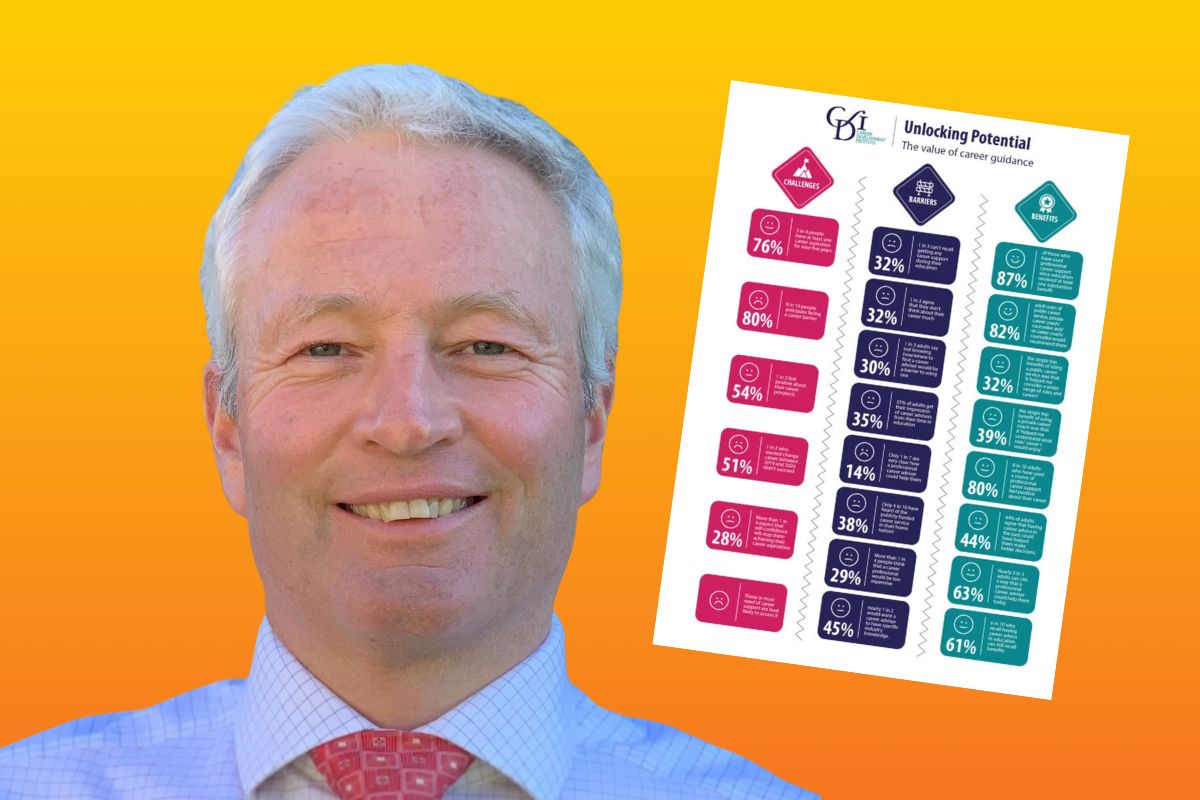

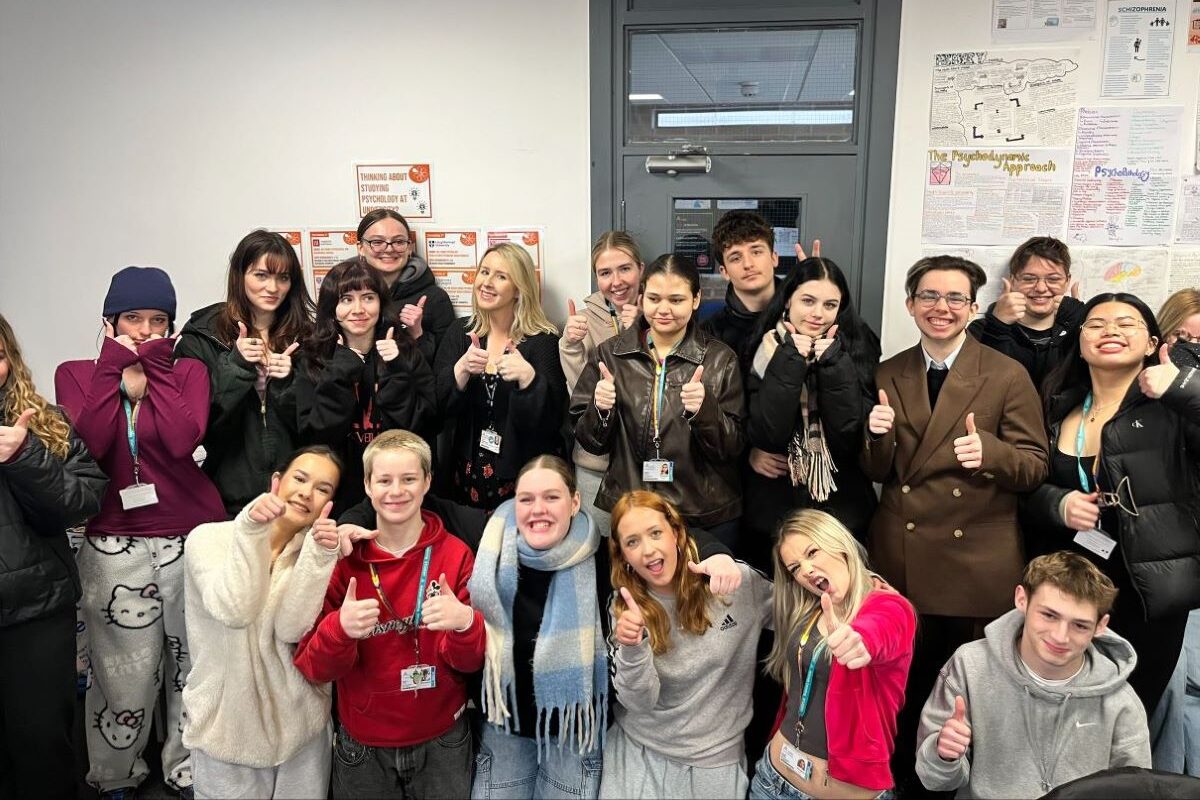
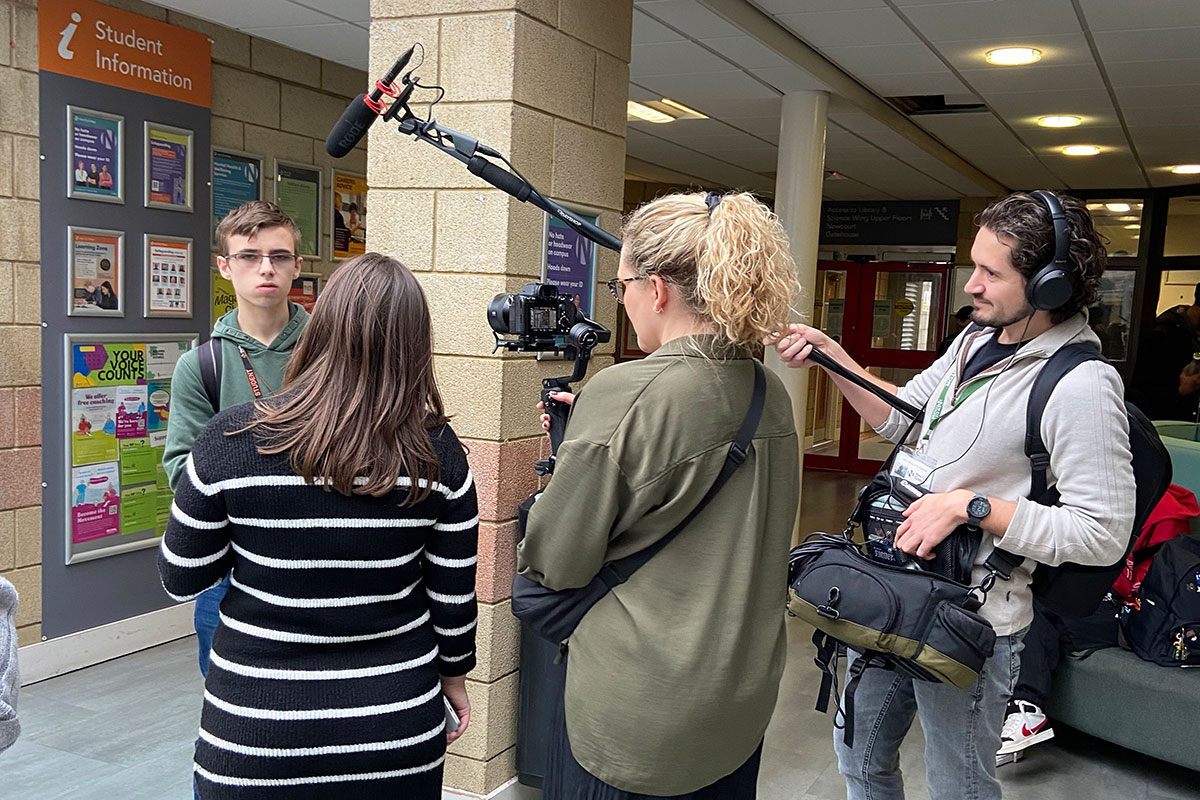

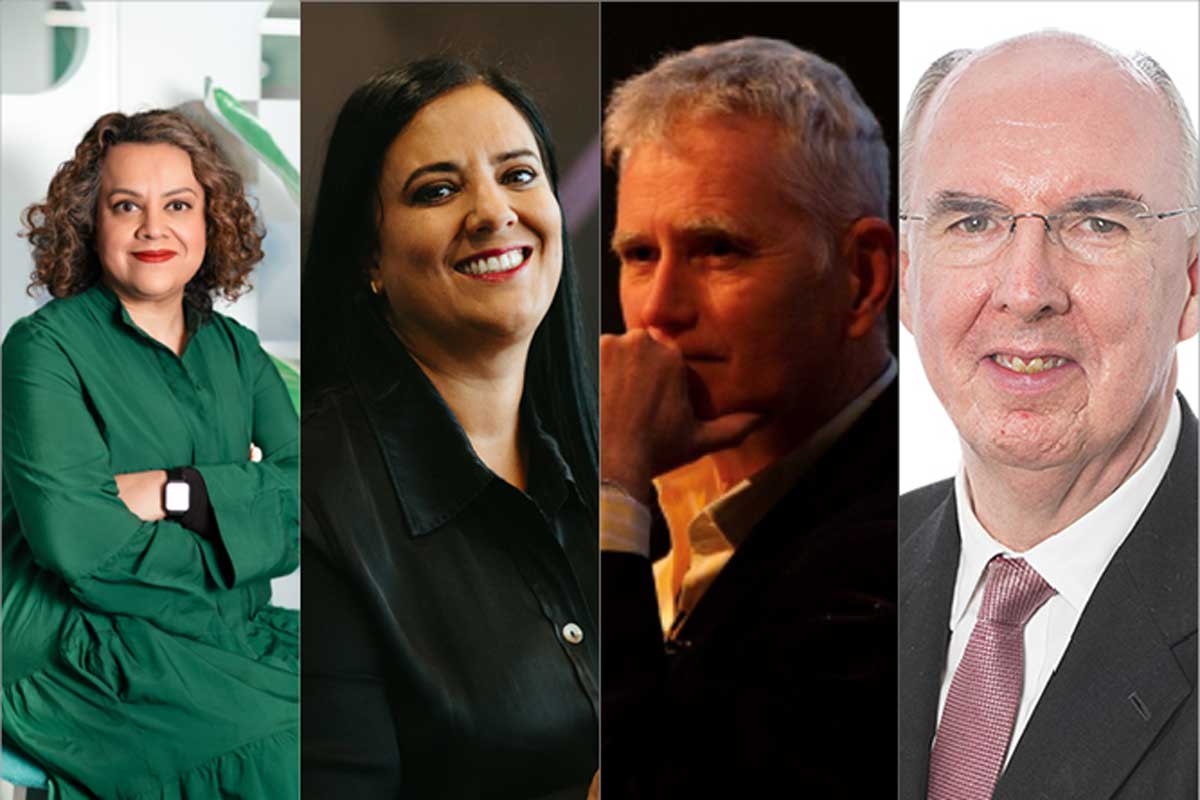
Responses